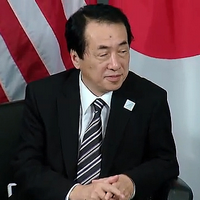
The triple catastrophe represented by Japan’s March 11 earthquake, tsunami and nuclear emergency has thus far had two main effects on Japan’s national security policies. First, the crisis has focused the attention of Japanese security managers inward toward domestic humanitarian assistance and disaster relief operations. Second, it has reinforced the Japanese-U.S. alliance, which had already been strengthened by the Japanese government’s decision to abandon its earlier quest for a more independent security policy in light of increased external threats from the East Asian mainland. Given this increased salience of external threats, Japan’s earthquake-induced domestic preoccupation may prove to be of […]

